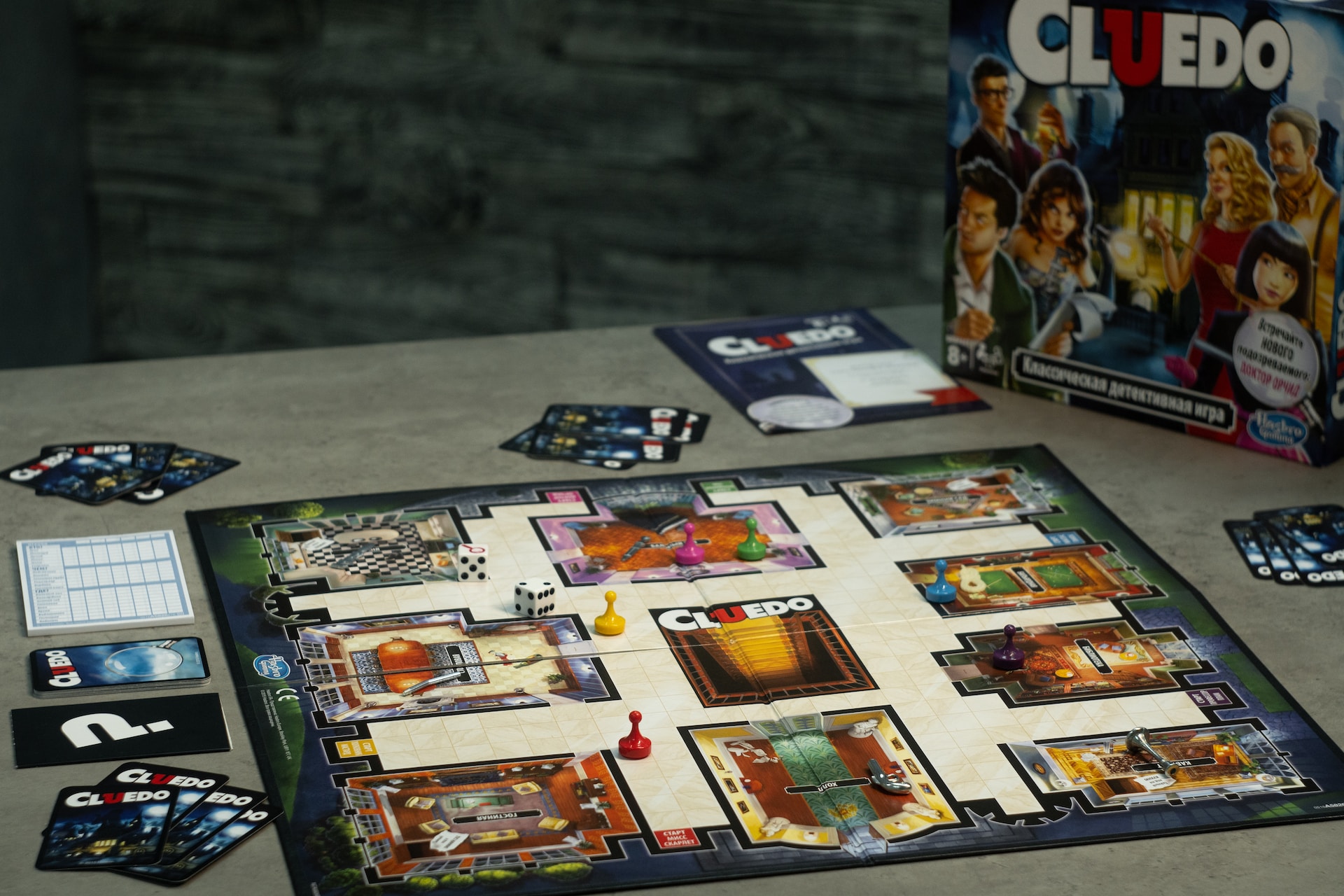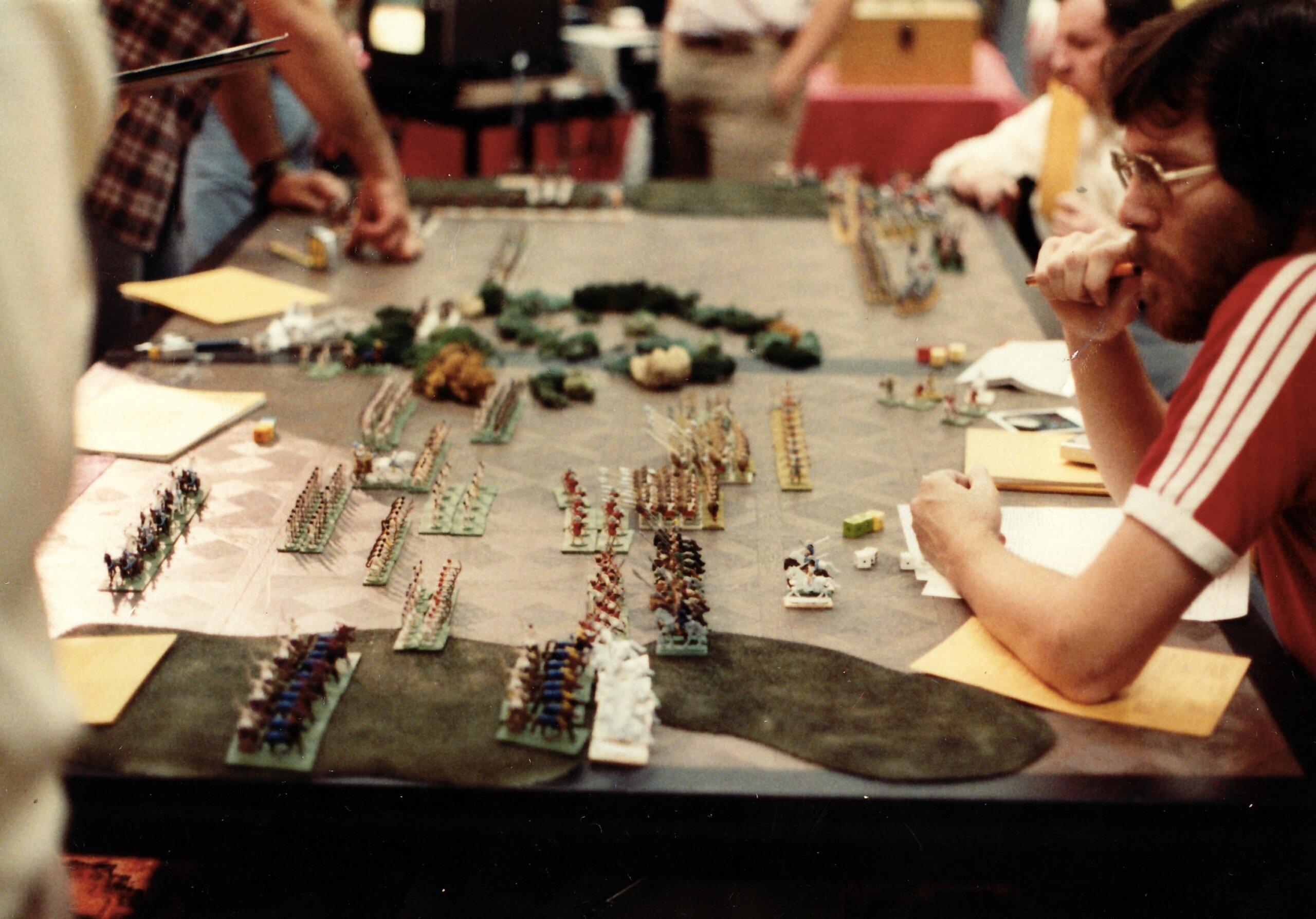Clue, or ”Cluedo” as it is called here in New Zealand, Australia, and Europe, is a much-beloved board game that has been entertaining families and friends for generations. Clue is a game that requires deduction and strategy. Players take on the role of suspects in a murder mystery and gather clues to identify the culprit, weapon, and murder location.
In this article, we will explore the origins of Clue and its gameplay mechanics, and provide you with some of the best winning strategies to help increase your chances of beating your friends and family! We’ll also explore some of the most popular variations and expansions of Clue that have been released over the years, which have added new characters, locations, and gameplay mechanics to the classic game.
The Origins of Clue
In 1944, Anthony E. Pratt, a solicitor’s clerk from Birmingham in the UK, created a game called “Murder!” which was later marketed to Waddingtons, a British games company, in 1949. It was eventually licensed to Parker Brothers in the United States and renamed “Clue” to avoid some trademark issues. Since then, Clue has become a classic among board games with numerous adaptations and versions, including video games, books, and even a movie.
How to Play Clue
Clue is played by three to six players, each of whom takes on the role of one of six murder suspects. The game includes several components, including a game board, six character pawns, six miniature weapons, suspect cards, weapon cards, room cards, clue pads, and pencils.
To begin the game, each player chooses a character pawn and places it on the starting space. One player shuffles the suspect, weapon, and room cards and selects one of each, placing them into a special envelope. This envelope represents the solution to the murder.
Players then take turns moving their character pawn around the board and making suggestions about the possible murderer, weapon, and room. If the player to their left has one of the suggested cards in their hand, they must show it to the suggesting player. Players can then make further suggestions until they are ready to make an accusation.
When a player is ready to make an accusation, they announce the possible murderer, weapon, and room, and they then check the envelope to see if they are correct. If they are correct, they win the game. If they are incorrect, they are out of the game and cannot win, but they must continue to show their cards to other players who make suggestions.
Winning Strategies
To win Clue, players need to use strategic thinking and deduction skills to gather clues and solve the murder mystery. Here are some winning strategies that can help players increase their chances of success:
- Pay attention to the suggestions made by other players and keep track of the cards they show to disprove the suggestion.
- Keep track of the movements of the other players and the rooms they enter to gather information about the cards they hold.
- Focus on gathering information about the cards that are not in your hand, as this will help you narrow down the possibilities and make more accurate suggestions.
- Be careful when making suggestions, as a wrong suggestion can waste a turn and give the other players an advantage.
Expansions and Variations
Over the years, Clue has been adapted into numerous versions, adding new characters, locations, and gameplay mechanics to the classic gameplay. Some popular Clue variations include:
Clue: Master Detective – This version of Clue features a larger game board and more rooms, characters, and weapons, making it more challenging than the original game.
Clue: Harry Potter Edition – This variation of Clue features characters and locations from the Harry Potter series, adding a magical twist to the classic gameplay.
Clue: The Simpsons Edition – This version of Clue features characters and locations from the popular TV show, adding a comedic twist to the classic gameplay.
Clue: Junior – Designed for younger players, this version of Clue features simpler gameplay mechanics and a smaller game board, making it easier for children to play and understand.
Summing up
Clue is a classic board game that has entertained players for decades. With its exciting gameplay mechanics, challenging murder mystery, and endless possibilities for variations and adaptations, Clue is a timeless classic that continues to captivate players of all ages.







